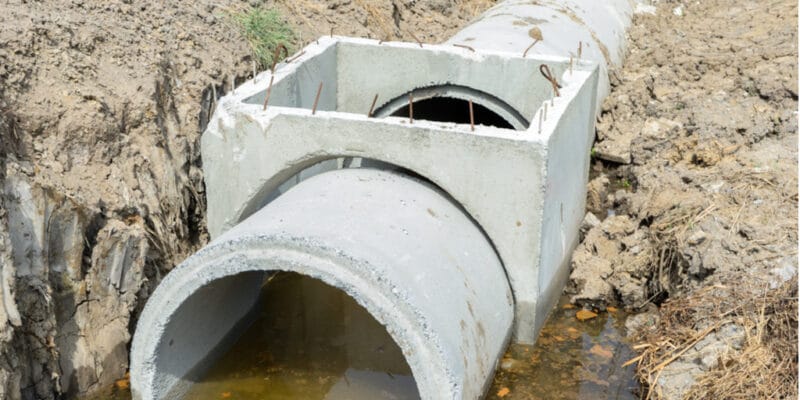The African Development Bank (AfDB) is allocating US$109 million to Egypt to improve sanitation services, including wastewater management in the rural areas of Louxor Governorate in the Upper Nile region.
The African Development Bank (AfDB) funding includes a loan of US$108 million and US$1 million is allocated under the Rural Water Supply and Sanitation Initiative (RWSSI). The purpose of this African mechanism hosted by the AfDB is to support projects and programmes in the rural water and sanitation sector by financing investment operations, strengthening sector processes and systems, as well as advocacy and knowledge building.
The AfDB financing (US$109 million) is for the implementation of the “Integrated Rural Sanitation in Upper Egypt-Louxor” (IRSUE-Louxor) project implemented by the state-owned Holding Company for Water and Wastewater (HCWW). IRSUE-Louxor aims to increase wastewater coverage in the region from 6% to 55%. To achieve this objective, HCWW plans to develop infrastructures, including the installation of integrated sanitation systems in 10 villages organised in two clusters and their satellite localities in Upper Egypt.
The recovery of treated wastewater
Each consortium will be equipped with a system for collecting, transporting and treating wastewater and sewage sludge. The aim of the strategy is to include remote households as well as unserved households. The treated wastewater will be reused in agriculture and in ecosystem preservation, thus contributing to the socio-economic and environmental development of the Governorate of Luxor. HCWW estimates that 30,000 m3 of treated wastewater will be discharged into the canals for irrigation of agricultural land.
“IRSUE-Louxor is contributing to the national rural sanitation programme set up by the Egyptian Ministry of Housing, Utilities and Urban Communities, which aims to extend access to sanitation services throughout the country from 34% today to 60% in 2030,” says the AfDB. According to this financial institution based in Abidjan, Ivory Coast, the collective sanitation project will benefit 22,000 households (240,000 inhabitants) which will be connected to the integrated system of sewerage, sludge treatment and wastewater treatment plants.
The “Integrated Rural Sanitation in Upper Egypt-Louxor” project also includes an important component dedicated to strengthening the sanitation sector, through the improvement of the operating systems and practices of local water supply and wastewater management companies.
Jean Marie Takouleu







